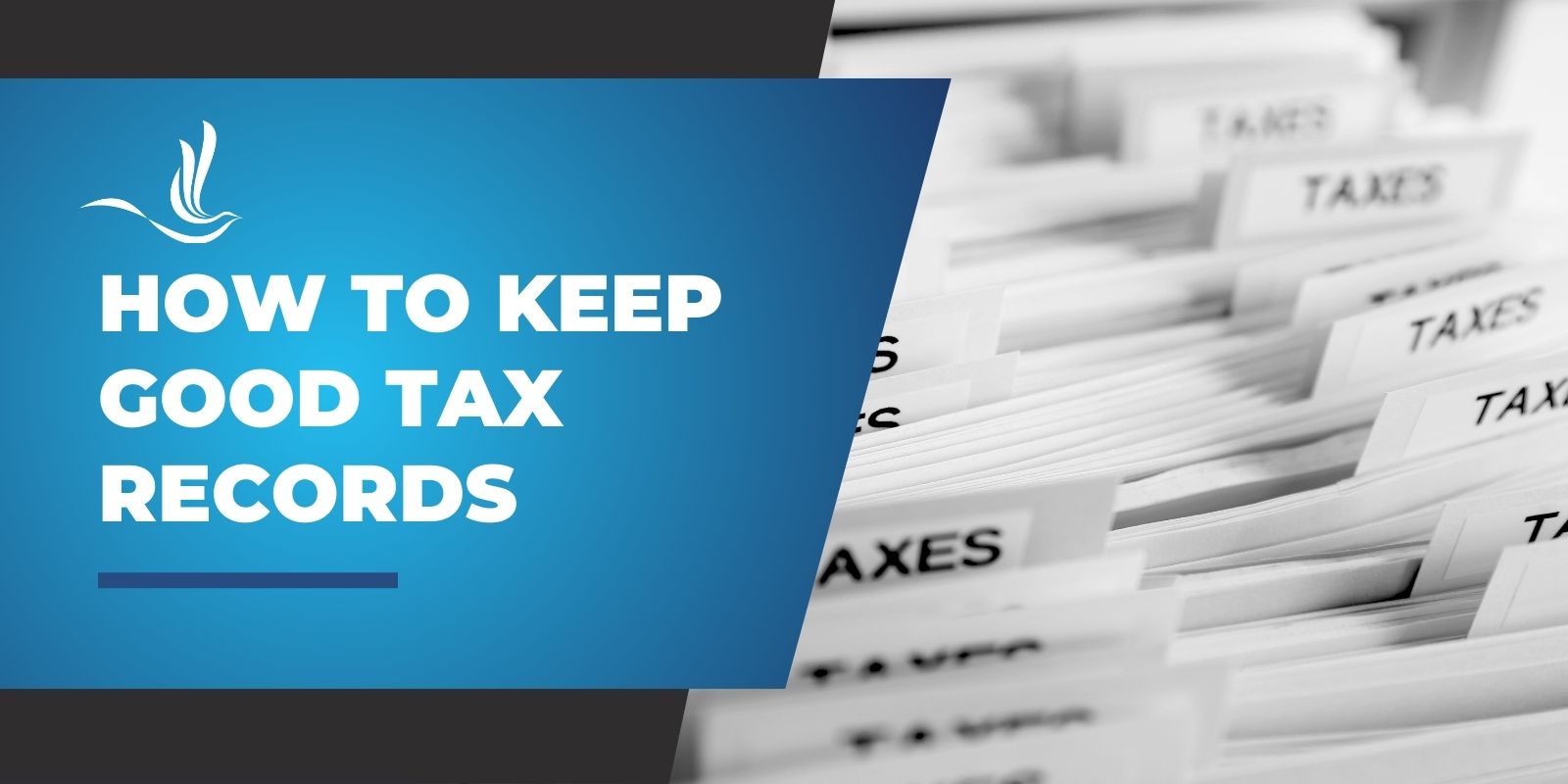
Tax time can be a stressful period for individuals and businesses alike. However, maintaining accurate and organized tax records throughout the year can make the process much smoother and alleviate unnecessary headaches. Whether you’re a freelancer, small business owner, or an individual taxpayer, this guide will provide you with valuable tips on how to keep good tax records, ensuring compliance, minimizing errors, and maximizing deductions.
Organize Your Documents
The best way to get started with keeping good tax records is to create a system to help you stay organized. To some, this may look like a filing system, either physical or digital. However, if you do go with a physical cabinet, you should still keep digital backup files. You can start organizing by labeling all documents by category, from income to expenses to deductions and credits. Then you may want to take it a step further and include subdivisions of each category. For example, you can break these down by month, expense type, or project.
Utilize Technology
Some of us are old school and that’s okay. However, working technology into your system can make things much more efficient. For example, if you’re looking for a specific file, doing a quick search on your computer will be a whole lot easier than digging through paper files. You may also want to consider using accounting software to track expenses and income. These tools can streamline the record-keeping process significantly, especially if you are running a business.
Separate Business and Personal Records
Speaking of business, always remember to keep your personal and business income and expenses completely separate from each other. This includes documentation and receipts.
Keep Records of All Relevant Information
It’s better to keep more records than you need just to be on the safe side. At the very least, you should keep the following for a minimum of three years:
- Income records, including bank statements, W-2s, 1099s, receipts from rental income, etc. If you file jointly with your spouse, you’ll also need their records.
- Expense documents, like receipts, invoices, checks, etc. Be sure these are categorized so it’s easier to claim certain deductions at tax time.
- Investment records, such as purchase and sale details, dividend payments, capital gains and losses, etc.
- Real estate records, including purchase agreements, mortgage interest statements, property tax records and more.
Track Your Deductions and Credits
During tax time, you’ll want to maximize your refund and savings by taking advantage of tax deductions and credits. Be sure to only claim the credits and deductions you qualify for and can substantiate with proof. For example, if you plan to deduct contributions made to charity, you should keep receipts and acknowledgements for donations you make. These will allow you to calculate your deductions. If you have education-related expenses, records of tuition payments, student loan interest, or materials can help prove your eligibility for education tax credits.
Get Tax Help
Keeping good tax records is essential for legal compliance, minimizing errors, maximizing deductions, making the audit process smoother, and gaining valuable financial insights. By investing time and effort in maintaining accurate and organized records, you can navigate tax season with confidence, minimize tax liabilities, and ensure smooth interactions with the IRS. Optima Tax Relief is the nation’s leading tax resolution firm with over a decade of experience helping taxpayers with tough tax situations.
If You Need Tax Help, Contact Us Today for a Free Consultation